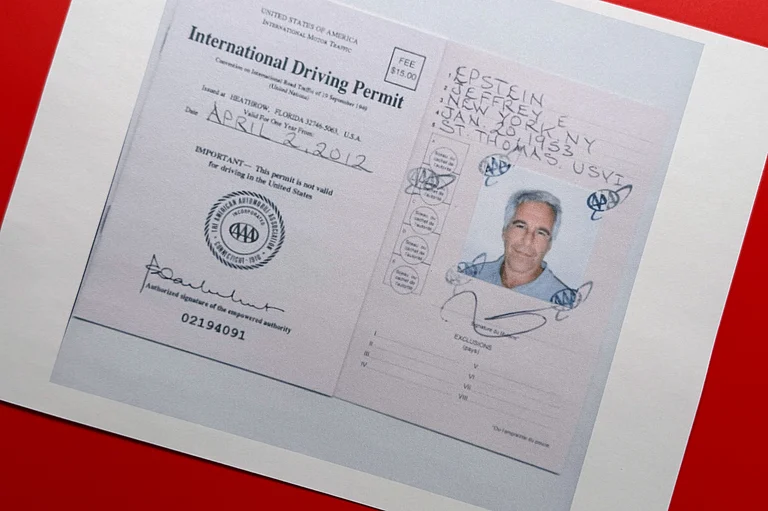With the Enron project primed for a rebirth, can we now take a hard look at what really went wrong the first time round? The travails of transnationals (TNCs) like Enron, Cargill Seeds, DuPont and Kentucky Fried Chicken can be blamed, to a very large extent, on a dismal failure to communicate their points of view to their environment.
Incompetent public relations? Or the arrogance of developed world giants stooping to conquer? Says Dilip Cherian, consulting partner, Perfect Relations, which currently handles the PR accounts for Kentucky Fried Chicken (KFC) and Thapar DuPont. "Each of these TNCs was the first in their respective fields, when the anxiety about change is the highest. They failed to counter this anxiety."
The initial opposition to each project came at the project site itself, usually by a little-known social organisation with apparently no political clout. The first opposition to the Dabhol power project was raised by the villagers of Dabhol, to KFC by Maneka Gandhi and later by the Karnataka Rajya Raitha Sangha (KRRS), and to Thapar DuPont's Nylon 6,6 plant at Goa by local organisation Anti-Nylon 6,6 Citizens' Action Committee. All three TNCs preferred to ignore the accusations. Thapar DuPont CEO Sam Singh later admitted to newspersons at an US press conference that he had handled things poorly by not taking action "for fear of the issue snowballing disproportionately". When the company did start a PR exercise, it unwittingly opened a medical clinic in Keri village where the plant was to be located, thus challenging the practice of agitation leader Dr Dattaram Desai.
All these TNCs ignored two basic tenets of public relations. Firstly, PR begins at the project site with the inhabitants of the site. Secondly, PR must be proactive not reactive.
Enron first adopted a very high-profile stance, setting itself up as a symbol of foreign investment in India. And a sitting duck for the Swadeshi movement. It then maintained a deafening silence as story after anti-Enron story appeared in the media. Even when it finally started talking, says Murad Ali Baig, who is currently handling the PR for Enron, "Enron never made an attempt to answer questions the media was asking. The company merely stated what it wanted to say, not just to the media, but in their presentations to the Munde Committee as well." Enron's near-fatal miscalculation was that being in favour with the ruling party was enough, the rest was India's internal politics, irrelevant to a foreign investor.
Similarly, government-supported KFC-never realised that lower-level bureaucrats needed to be educated. It was this lack of education that may have led the Bangalore administration to raid the KFC premises. The fast food chain also made no attempt to counter the KRRS charges, especially in the vernacular and local press.
Says Subhendu Banerjee, director, Enterprise PR: "Any international fast-food chain will have an impact on people's eating habits, which will definitely be opposed. KFC should have anticipated this and begun a sustained PR campaign even before they opened their outlet." After the Bangalore City Corporation (BCC) raided KFC premises to take samples of their food, feels Banerjee, "KFC should have moved simultaneously and carried out a test on their own and publicised the results. As it happens, KFC's denials of exceeding the permissible limit of monosodium glutamate have little credibility as it has no alternate figure to back its claims."
All this is not to say that all new TNC entrants have had disastrous PR records. At least three - Kellogg's, AT&T and Motorola - have played their PR card with great astuteness. AT&T has invested in a high-profile campaign highlighting its R&D achievements, Motorola ran a press campaign about how its technology would help the common populace. Kellogg did not set itself up as a symbol of anything foreign. It simply focused on getting a good team which could do the marketing job. After all, isn't that what they are in India for?


























